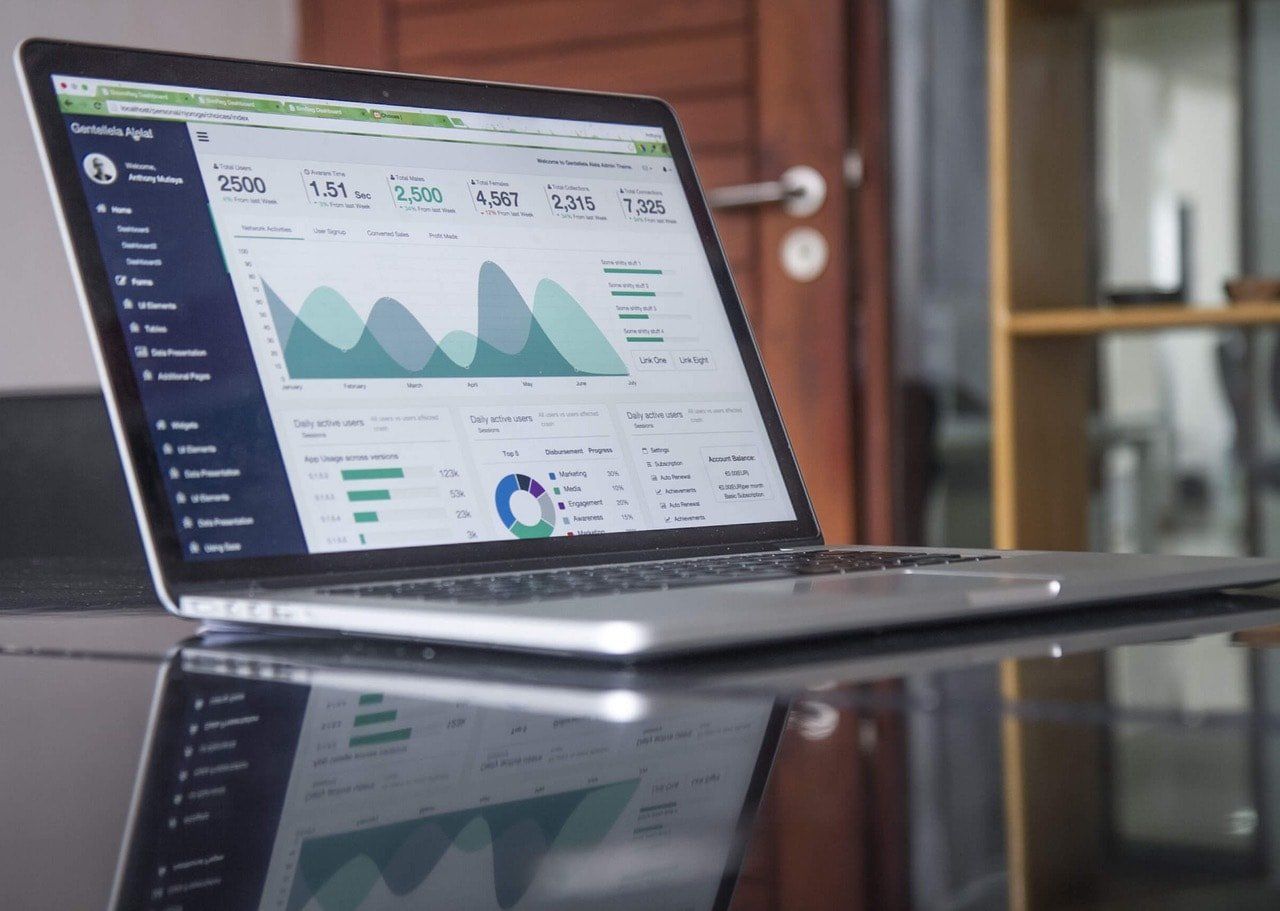They feel consistently betrayed by Facebook, but there are a few reasons why this platform has different numbers than Google Analytics.
Problems with Client-Side-Tracking-Technologies
Most of the tracking tools, like Google Analytics can only be used, if a JavaScript snippet is implemented on the respective page. Cookies & JavaScript have to be activated in the browser of the user, so that the user-session can be tracked precisely. If Cookies & JavaScript would be blocked, Google Analytics could not track that specific user. In contrast, Facebook does not measure the website visit, but the link-click, so that a difference between these numbers is unpreventable.
Facebook clicks vs. Google Analytics website visitors
Sometimes a lot of time passes between clicking on an ad and visiting the landing page which depends on the loading speed of the website and the internet connection of the user. For this reason, many users interrupt the page view and return to Facebook, before the website has been loaded completely. Consequently, the Google Analytics tag is unable to fire off a signal for "the website call" which means that Google Analytics cannot index a website visitor whereas Facebook has registered a link-click.
Reasons for different conversions: Facebook vs. Google Analytics
Generally, there is a difference of 10 to 20% between the conversion-numbers of Facebook and Google Analytics.
Some reasons for the varying numbers:
- Facebook does not notice other traffic sources than the traffic sources of Facebook itself. In contrast, Google Analytic registers all traffic sources (SEA, SEO, display, and e-mail).
- different attribution models (last-touch attribution model vs. last-click)
- different temporal conversion classifications
How does Facebook measure conversions?
To measure a conversion, you have to implement the so-called "Facebook-pixel" on the target page or rather you have to implement the SDK on the app. After a user has noticed and interacted with your ad and additionally made the desired conversion in the attribution period, the conversions are allocated to Facebook. Facebook quantifies two events which cause an action:
- Click-Through-Conversion: a user clicks on your ad and realizes the conversion
- View-Through-Conversion: a user effects the conversion after he has noticed your ad without clicking on it
Clicks vs. views & the attribution-window
Facebook follows the de-duplication logic. This means that Facebook attributes all conversions of the same user to the last ad with which he has been in contact. The standard-attribution-window is 28 days after the click and one day after the impression of an ad. It can be divided into 1, 7 and 28 days for clicks and impressions.
Facts about Facebook attribution:
- Conversions can only be assigned to the click or to the impression- not to both at the same time
- Clicks before views. If you assign your conversion, clicks are favored over the views.
- Facebook uses the last-touch attribution model, which means, that Facebook simply attaches the success of a conversion to the last clicked ad. If no click has been done, the conversion will be assigned to that specific ad which the user has seen at last.
- The maximum conversion-window is 28 days. Conversions that has taken place 28 days after the interaction with an advertisement are not measured.
- Conversions are added to the day on which the click or impression has occurred, instead of the day of the actual conversion
- Facebook follows the de-duplication logic. This means that if a user has effected many conversions after interacting with an ad, Facebook assigns all conversions to the last ad.
Facebook conversion attribution example
Campaign A / Monday: The user clicks on the ad of campaign A and ends up on the website of the advertiser. The user leaves the website without producing a conversion.
Campaign B / Thursday: The user notices an ad of campaign B on Facebook (but does not click on it).
On Friday, the user discovers the website through the organic search of Google and effects the desired conversion.
To which campaign does Facebook assign the conversion?
According to the last touch interaction logic, the conversion has to be assigned to campaign B from Thursday (1-day-view-through). However, the conversion is assigned to campaign A, because Facebook favors the clicks over the views.
On which channel the conversion is allocated by Google Analytics?
Google Analytics allocates all the conversion to the organic search.
Date of the click (Facebook) vs. date of conversion (Google Analytics)
As I have already explained in the section "Facts about Facebook attribution", Facebook assigns the conversion to the date of the interaction with the ad (view & click on the ad). In contrast, Google Analytics assigns the conversion to the actual time of the conversion.
Example: A user clicks on a Facebook ad on the 1st of June and ends up on the landing page of the advertiser- but he does not affect a conversion. On the third of June, the same user returns to the landing page of the advertiser via Google Search and this time, he implements a conversion. Facebook assigns the conversion to the first of June, the date of the interaction with the ad. Additionally, Facebook attributes all the conversion to the Facebook platform. Google Analytics assigns the conversion to the third of June, the date of the actual conversion. Furthermore, Google Analytics allocates all the conversion to the organic search.
Conclusion:
The example shows the different attribution models of Facebook and Google Analytics.
Google Analytics and Facebook are two different platforms with different tracking models, so that it's no wonder that the data on Facebook does not completely match with the numbers of Google Analytics. Important is to understand the different attribution models and tracking methods to enable a more precise tracking.

